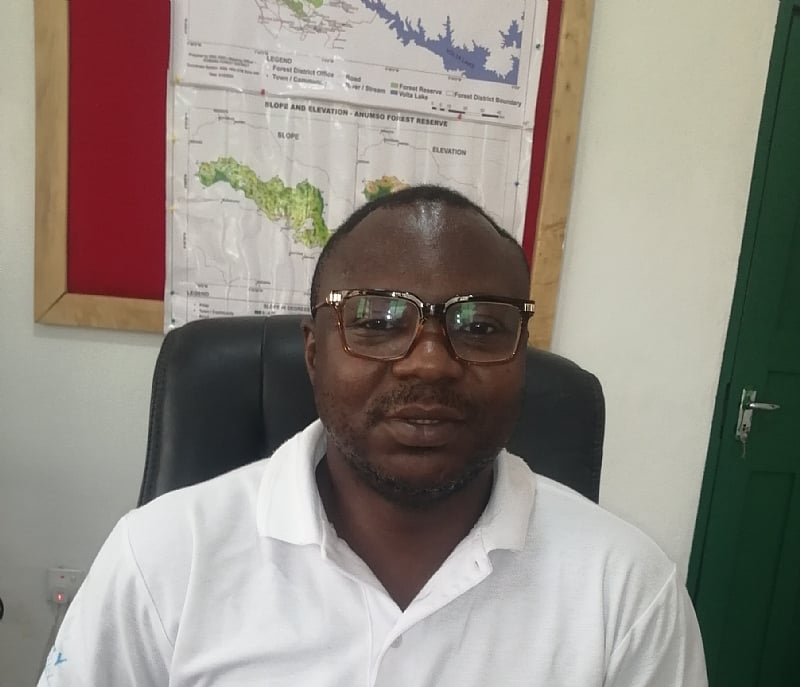The Crucial Role of Collaborative Forest Management in Ghana: A Case Study of the Kumawu Forest District
Ghana’s forest cover, a vital natural resource contributing significantly to the nation’s ecological and economic well-being, faces increasing threats from deforestation, illegal logging, and unsustainable agricultural practices. Mr. Alfred Yabepone, the Kumawu District Forest Manager, emphasizes the critical need for strengthened national stakeholder collaboration to effectively combat these challenges and ensure the sustainable management of Ghana’s forests. He argues that while the Forestry Commission bears the primary responsibility for daily forest management, the complexity of the issues necessitates a collaborative approach involving various stakeholders, particularly local communities.
Mr. Yabepone’s call for collaboration stems from a concerning observation: a declining interest among stakeholders in actively participating in forest management initiatives. This dwindling engagement poses a significant obstacle to achieving sustainable forestry practices. The management of forest resources is a multifaceted endeavor, requiring expertise, resources, and commitment from various actors. Without active participation from local communities, traditional authorities, government agencies, NGOs, and private sector entities, the burden on the Forestry Commission becomes unsustainable, jeopardizing the long-term health and viability of Ghana’s forests.
The Kumawu Forest District, overseen by Mr. Yabepone, stands as a positive example of the benefits derived from effective stakeholder collaboration. Despite facing complex political and geographical challenges, the district has experienced success in its forest management efforts, largely due to the robust partnerships fostered between the Forestry Commission and other stakeholders. This successful collaborative model showcases the importance of engaging local communities, who possess invaluable indigenous knowledge and a vested interest in the sustainable management of their surrounding forests. The Kumawu experience demonstrates how shared responsibility and open communication can create a synergistic effect, leading to more efficient and effective outcomes in forest management.
A key success story within the Kumawu Forest District is the implementation of the Green Ghana afforestation program over the past two years. This program, aimed at restoring degraded forest landscapes and increasing Ghana’s forest cover, has benefitted significantly from the collaborative approach adopted in the district. The active participation of local communities, traditional leaders, and other stakeholders has ensured the program’s success, leading to tangible improvements in the district’s forest resources. The Green Ghana program exemplifies the potential of collaborative initiatives to achieve impactful results in forest restoration and management.
The success of the Kumawu Forest District’s collaborative model offers valuable lessons for nationwide forest management strategies. Strengthening national stakeholder collaboration requires a multi-pronged approach, including: enhancing community engagement through participatory decision-making processes; fostering partnerships between government agencies, NGOs, and the private sector; promoting educational and awareness campaigns to highlight the importance of sustainable forest management; and providing capacity-building training to equip local communities with the necessary skills and knowledge to participate effectively in forest management activities.
Investing in collaborative forest management is an investment in Ghana’s future. By embracing partnerships and shared responsibility, the nation can effectively address the complex challenges facing its forests, ensuring the sustainable management of these vital resources for generations to come. The Kumawu Forest District’s success story serves as a beacon of hope and a practical example of how collaborative efforts can lead to positive change in forest management, providing a valuable model for replication across the nation. The Forestry Commission, while remaining the primary custodian of Ghana’s forests, must continue to champion and facilitate collaborative initiatives, recognizing the crucial role of diverse stakeholders in achieving sustainable forest management objectives.


